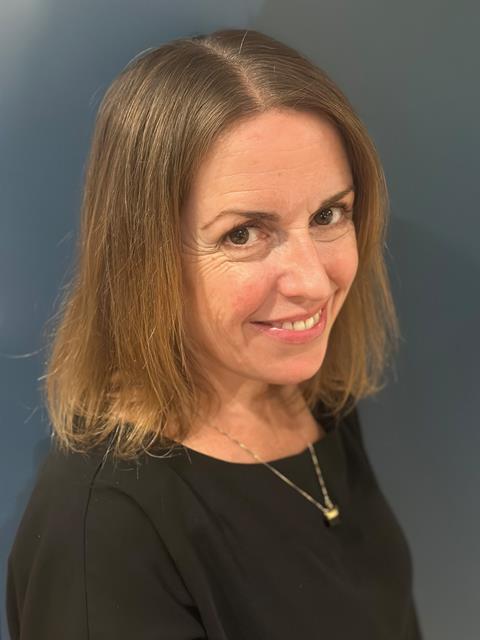Partner, London
Who? Tessa Gregory, partner at Leigh Day, London.

Why is she in the news? Represents the families of people who, it is alleged, were unlawfully killed by British special forces in Afghanistan between 2010 and 2013. An independent statutory inquiry which began this month will investigate and report on alleged unlawful activity by UK special forces during deliberate detention operations in this period.
Thoughts on the case: ‘The opening of the inquiry was a big moment for the families. They desperately want to find out the truth of why their loved ones were killed during night raids by the SAS in Afghanistan. This is just the beginning, but it has taken huge bravery from the families and an incredible team a long time to get here. I first visited a family in Kabul in 2012 and the two judicial reviews which led to the inquiry were issued over three years ago. An extraordinary feature of this case is that it nearly didn’t see the light of day. We were initially refused permission on the papers and only just managed to get limited permission at the renewal hearing. We faced strong resistance from the Ministry of Defence, which said there was nothing to see. We now know that there was plenty to see. This is illustrated by the shocking documents disclosed, detailing extensive contemporaneous concerns raised within the military that UK special forces were carrying out a pattern of extrajudicial killings in Afghanistan. It takes my breath away to think how close we came to everything we have learned so far remaining hidden.’
An MoD spokesperson said: ‘The MoD is fully committed to supporting the inquiry as it continues its work. It is not appropriate for us to comment on allegations which may be within the scope of the statutory inquiry and it is up to the statutory inquiry team, led by Lord Justice Haddon-Cave, to determine which allegations are investigated.’
Thoughts on the media: ‘The media played an integral role in shining a light on what UK special forces were doing in Afghanistan and the committed reporting of BBC Panorama and The Sunday Times contributed hugely in the fight to get a statutory inquiry.’
Why become a lawyer? ‘It is easy to feel angry and powerless in the face of injustice; the law enables you to channel those feelings into something positive. It is a great privilege to do this work. I love it.’
Career high: ‘Greeting refugee clients on their arrival at Newcastle airport after they had been stuck in limbo on a British military base in Cyprus for 20 years. After a long-running legal battle, we were successful in obtaining them indefinite leave in the UK and it was wonderful to welcome them here.’
Career low: ‘Watching a High Court judge, during the Rwanda litigation, give short shrift to numerous interim injunction applications which sought to prevent the forcible removal of asylum seekers to Rwanda.’































No comments yet